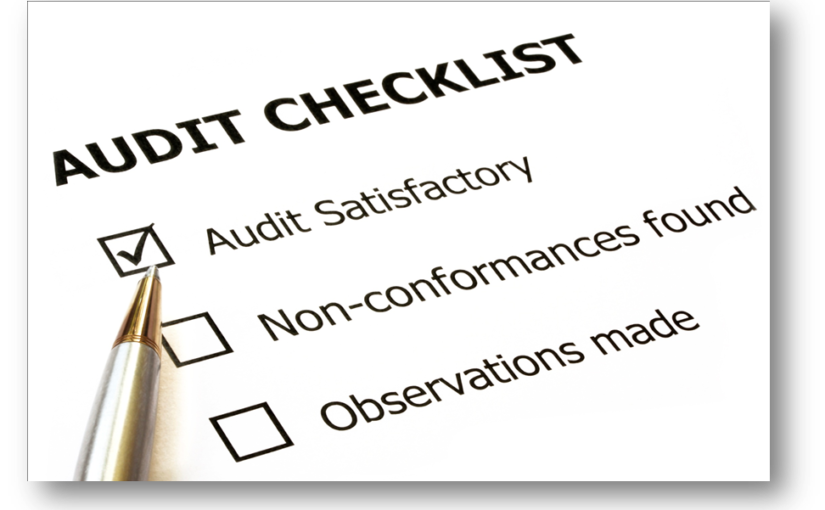Did you know that it is possible to save your income tax out flow by far a large amount?
Do you want to know about Tax Planning through Tax Exemptions?
Did you know that we can help you with this year’s Tax Filing? Are you wondering about redeeming some of the previous year’s tax which you filed and weren’t aware of exemptions.
Then this is the post for you. Read further to understand how you can save tax through following tax exemptions. All this is possible legally under the Indian Income Tax Act which allows certain deductions which can be claimed to save tax at the time of filing of Income Tax Return by all classes of taxpayers . All you need to do is a proper tax planning which would allow certain deductions from your gross total income and income tax would be levied on the balance income as per the income tax slabs. Here are certain year-end tax tips to get smarter with tax management.
- House Rent Allowance (HRA): It is the best tax saving tool which a taxpayer can use. Under this you can save upto 50% of your salary if you are staying in a metropolitan city like Mumbai, Delhi, Chennai or Kolkata else 40% if you reside in non-metro. Apart from this if actual rent paid is lower than 10% of your basic salary received then there is no exemption. Be aware that you cannot claim any exemption under this section if you love in your own home or of you are not paying rent to anyone.
- Medical Reimbursement: If your employers provide you medical reimbursement facility for your medical expenses you can get tax exemption. No income tax on medical reimbursement is levied up to Rs. 15000 provided all bills for the same are produced by the employee to the employee. This also includes premiums that your company might be paying for your health insurance schemes and on treatments of any critical diseases. It is to be noted that no income tax on medical reimbursement is levied upto Rs. 15000, the amount received as medical allowance would be fully taxable.
- Deductions on Section 80C, 80CCC: Under Section 80C a deduction of Rs.1,50,000 can be claimed from the total income you earn. In simple terms you can save up to Rs. 1,50,000 from your total taxable income under this section. Please note this deduction is allowed to an individual or a HUF. Under Section 80CCC it provides deduction to an Individual for any amount paid or deposited in any annuity plan of LIC or any other insurer. The plan must be for receiving pension from a fund referred to in Section 10(23AAB).
- Leave Travel Allowance (LTA): It is the most common element of compensation which the employers use to remunerate employees due to the tax benefits attached to it. An LTA is the remuneration paid by an employer for Employee’s travel in the country, when s/he is on leave with the family or alone. LTA amount is tax free. Section 10(5) of the Income-Tax Act, 1961, read with Rule 2B, provides for the exemption and outlines the conditions subject to which LTA is exempt. Please note that The total cost of the holidays is not covered, only the travelling cost is covered.
- Spend more: Increasing expenses, such as paying off bills or other debts or paying out bonuses to employees, it will help increase your deduction for the current year. If you’ve delayed major purchases for your business, you should go ahead and buy it. Not only can you find great deals as businesses try to clear out inventory, you’ll have more deductions. In general capital improvements and new equipment should be capitalized and depreciated over 5, 7 or 10 year period.To know more about tax planning, tax exemptions and to get smarter with tax management for this financial year, drop us a line here and we will be happy to provide you our Tax planning services . You can also write us at info@gapeseedconsulting.com or, call us for Tax Advice at, +91-9599444639.
More Newsletters


